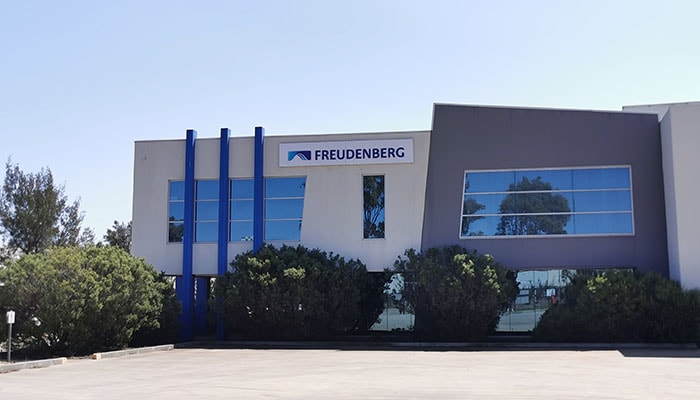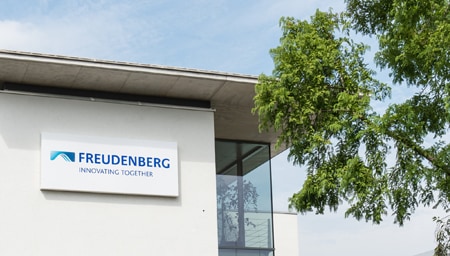
Oates working towards a sustainable environment.
Our products help our customers to clean sustainably
As the leader of cleaning solutions in Australia, we provide more than just products and solutions to keep your sites and surfaces hygienically clean. Our environmental and social responsibilities are core to our Freudenberg guiding principles and have influence over the design and development of our products.
For many years the family-owned Freudenberg Group have invested significant resources and efforts into the responsible handling of materials, waste, energy, emissions and water across the globe. Our internal efforts guide us to develop sustainable cleaning solutions that benefit both our customers and our planet.
Our sustainable cleaning solutions make the difference
Our customers can depend on Oates products to provide the best cleaning performance with validated bacteria/ virus removal and ergonomic, robust designs. We will use our global resources to continue providing confidence in our products and additional assurance that the production and usage of our sustainable cleaning solutions have a reduced impact on the environment and global resources throughout the product life cycle.
This is why our sustainable cleaning solutions is focussed on minimising our footprint whilst reducing your handprint.
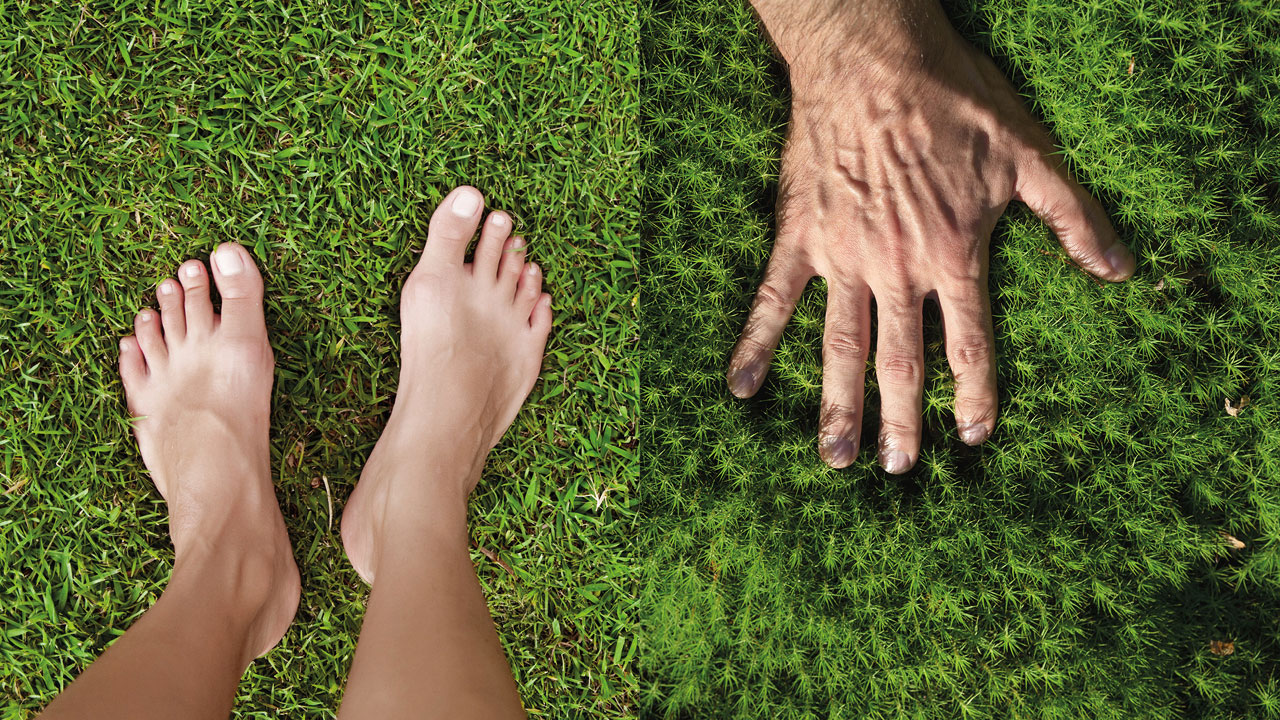
Small ecological footprints and large handprints
At Oates, we measure our sustainability efforts in two scopes – by minimising our footprint and maximising our handprint.

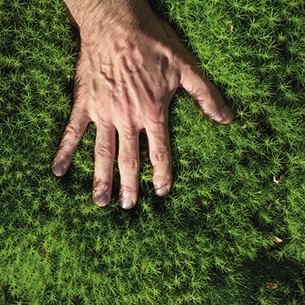
Since we love it clean, everywhere
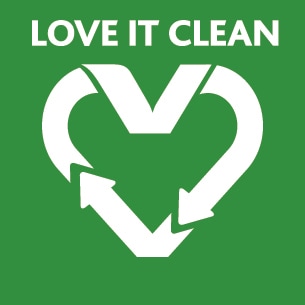
We use our „Love It Clean“ label to highlight the most sustainable product choices. This label helps our customers to follow our ambitions for reducing waste, and our commitment to increase recycling and safety.
Making our economy sustainable is not a coincidence, but the direct result of actions we take – as companies and customers. Our sustainable cleaning solutions help save waste, while delivering excellent product performance. In recent years we continuously increased use of recycled plastics. Nearly all our plastic packaging is recyclable. But we have a responsibility to continuously improve and take action on where we can make a difference. That is why we have founded our internal and external sustainability initiative “Love It Clean”.
As a part of our initiative, Freudenberg Home and Cleaning Solutions have committed to ambitious sustainability targets for 2025.
We are proud to announce that we are a signatory of the Ellen MacArthur Foundation’s New Plastics Economy Global Commitment. As such we
- commit to review 100% of all products globally and eliminate problematic or unnecessary packaging by 2025.
- strive to achieve 100 percent of all packaging to be recyclable, reusable or compostable by 2025.
- aim to achieve 50% recycled content across all packaging and 25% recycled content in plastic packaging in 2025
- will increase the amount of recycled material of our solid plastic products from currently 46 percent to 50 percent by 2025
- will explore options to further change from single to multi-use containers in warehouse/factory logistics and B2B transportation.
